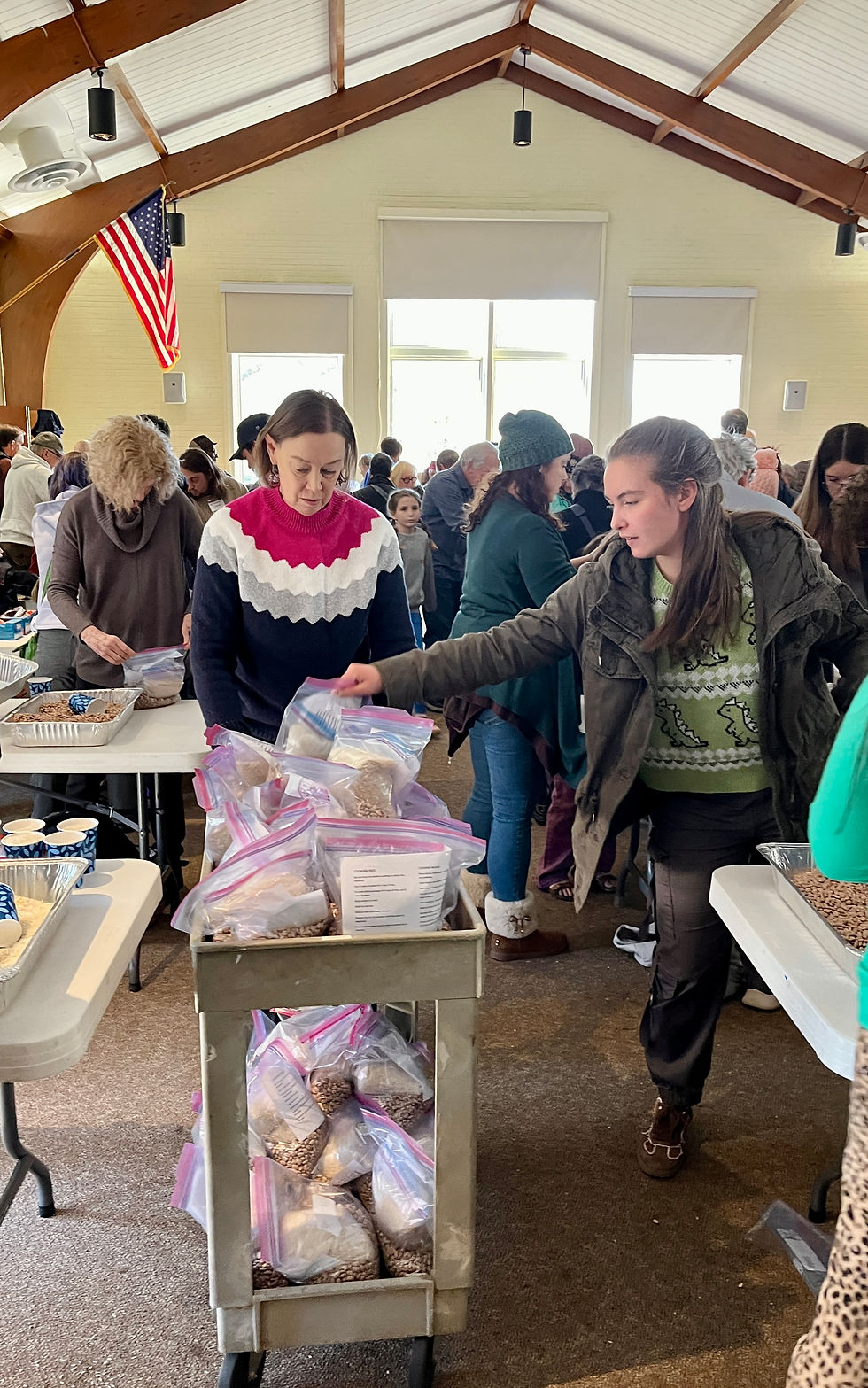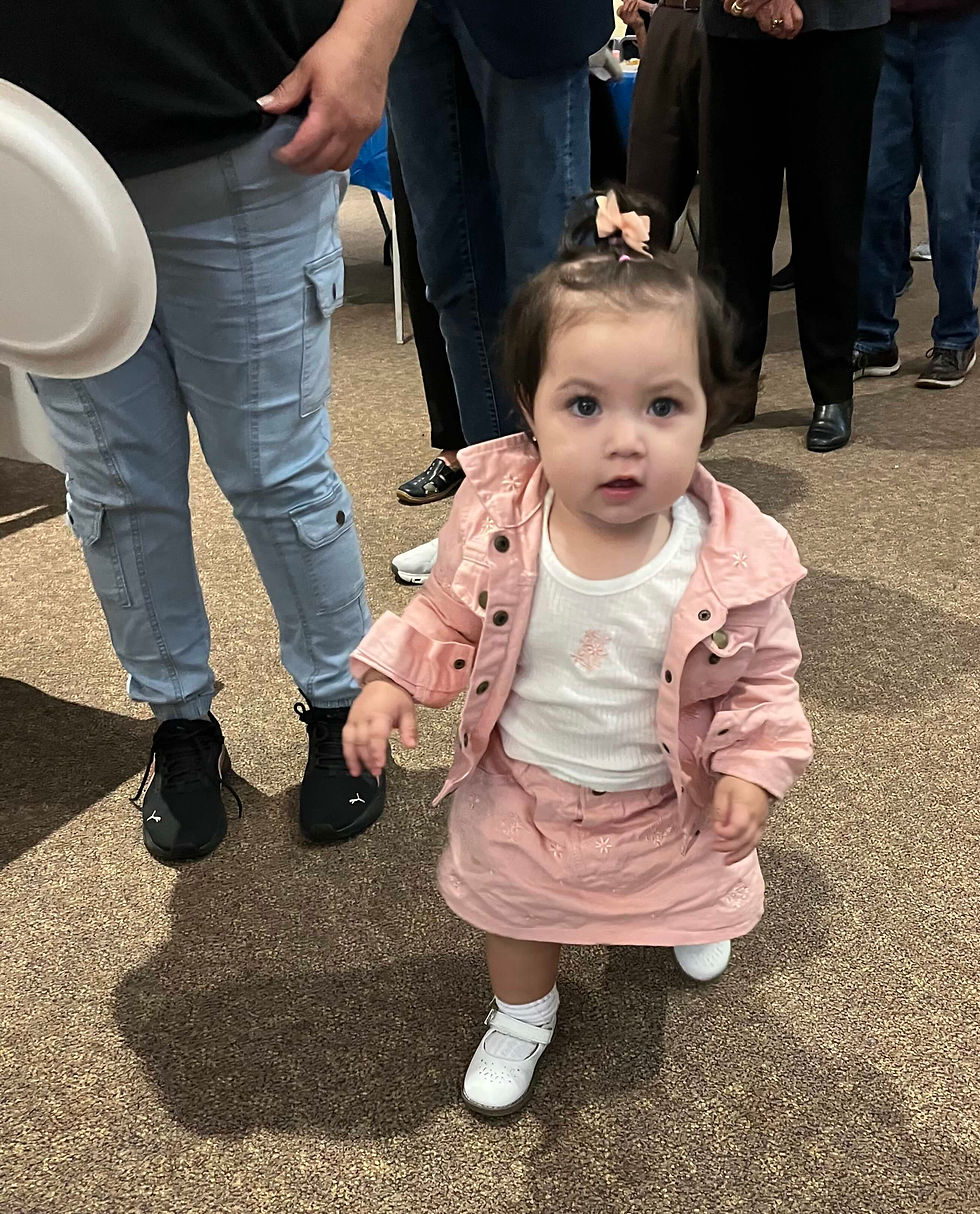Bridging the Gap: Advocating for Accessible Policy with Ethan Heilig, Intern at EPPN
- Diocese of WNC

- Jul 15, 2020
- 3 min read
On the fiftieth anniversary of the Civil Rights Acts in 1964 , Ethan Heilig walked across the infamous Edmund Pettus Bridge in Selma, Alabama on a trip with his parish, All Souls Cathedral of Asheville. The site of the historic Bloody Sunday, the bridge, named for a former Confederate general and grand dragon of the Klu Klux Klan, has a dark history. On Sunday, March 7, 1965, Civil Rights Movement demonstrators were attacked and brutally beaten by policemen while attempting to march to the state's capitol in Montgomery. Two weeks later, demonstrators were able to complete their march, yet again crossing the Edmund Pettus Bridge and finally arriving at the state capitol on March 21, 1965.
These events mirror those we have witnessed in the past weeks. As discussions surrounding police brutality and racial reconciliation swept the nation, Ethan Heilig was reminded of why his passion for policy was born. Only weeks later, he began his internship at the Episcopal Public Policy Network.
"To see something like this, both the pandemic and the Black Lives Matter movement going on at the same time, it's really impactful," Heilig said. "It shows that progress is an ongoing movement, and to me, much progress is happening in policy. So to be a young person in the policy field, I'm both experiencing this for the first time but also gaining an appreciation for the work that is done every single day. Working in the policy field is where you see change in progress."
The Episcopal Public Policy Network describes itself as "A grassroots network of Episcopalians across the country dedicated to carrying out the Baptismal Covenant to 'strive for justice and peace' though the active ministry of public policy advocacy." As soon-to-be-senior at Rhodes College graduating with a degree in Political Economy, Heilig has has joined the Office of Government Relations at EPPN, working to create policy in alignment with priorities of the Episcopal Church.
"The way we work is to advocate for having systemic change," Heilig said. "Spontaneous protests and using your voice are certainly important for creating public tension, galvanizing movements, and raising awareness, and what we're focused on is harnessing that energy and working it into something systemic in policy that will hopefully do some good."


Advocating for those who are underrepresented and creating more accessibility to policy are core elements of the Episcopal Public Policy Network. As an intern, much of Heilig's job is centered around creating available and easy-to-understand resources for the Episcopal community, allowing Episcopalians to have a more active role in the policy process. Through data analysis, gathering of statistics, and qualitative research, Heilig acts as a middle man between policy and the Episcopal community, making policy available to those with even the busiest lifestyles.
"What EPPN does that I think is so great is that it makes interacting in the policy making process and advocacy process really easy," Heilig said. "We have our Actions Alerts, which are basically requests, making it as easy as possible for Episcopalians to contact their representatives on topics important to the church. We also have a whole list of resources on our website about issue areas important to the church, written by policy analysis professionals that do the heavy work in terms of understanding and explaining the impact. So they've basically compressed all of that information into actionable items that anyone can do in 5 minutes or less."
Heilig will be returning to college in the fall to finish his degree, then to pursue a career in polling. Though he is unsure of where he may end up working in the future, he credits his Episcopal upbringing as a core element in shaping his view on policy, and what changes he would like to see.
"The Cathedral of All Souls is a very inclusive organization, and in my opinion, they stand by the people who share the values of the Episcopal Church, that being that everyone has the right to a good life and a person's identity or background shouldn't effect that," Heilig said.
It is this background, he said, that has shaped his character, leading him to be passionate about social and criminal justice and dedicated to advocating for those underrepresented. The support of All Souls helped him to understand his own personal values, and pursue a career based around advocating for others.
"Having an organization that was as powerful and influential as the Church kind of set my compass so to speak on what I find important," Heilig said. "The church was there for the good and bad, and I guess in that way it has shaped not only what I want to do for my career, but also my role in the world."
To learn more about The Episcopal Public Policy Network, visit their website or Facebook page. To sign up for EPPN Action Alerts, click here.






Comments